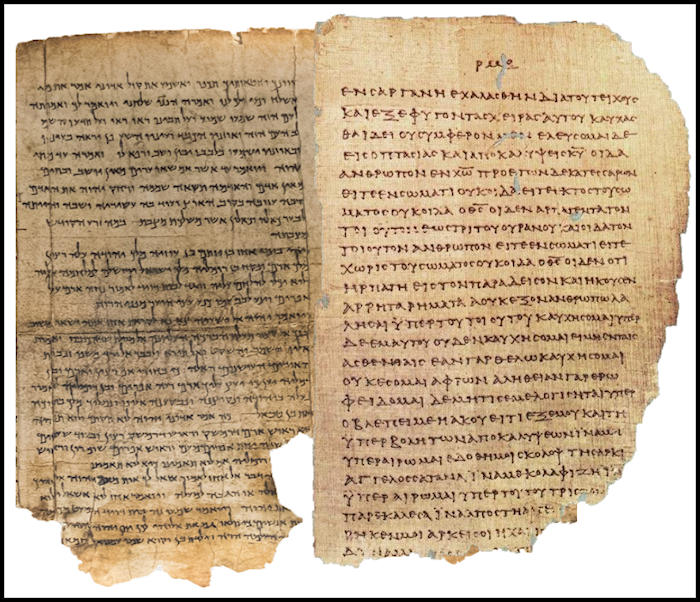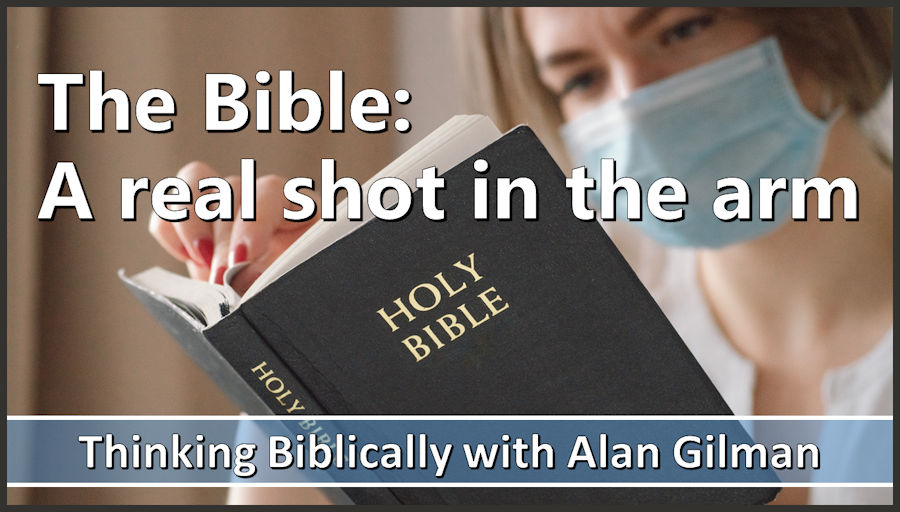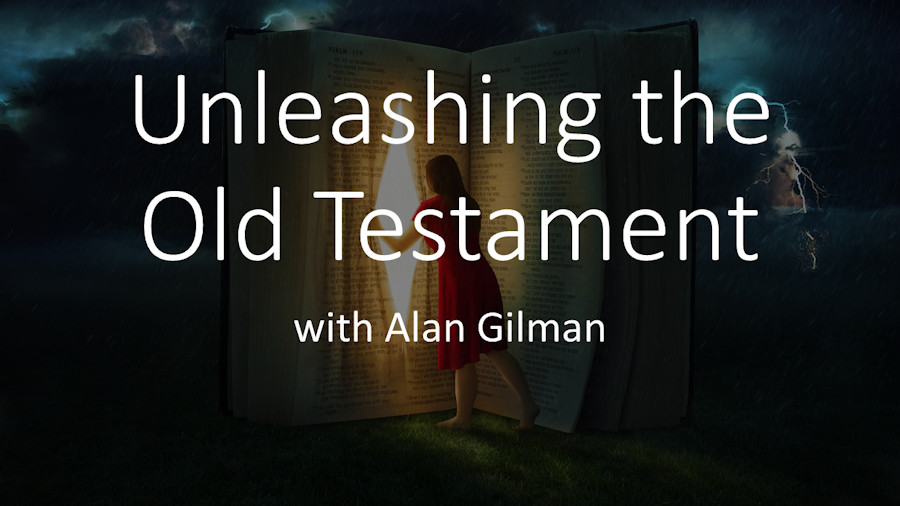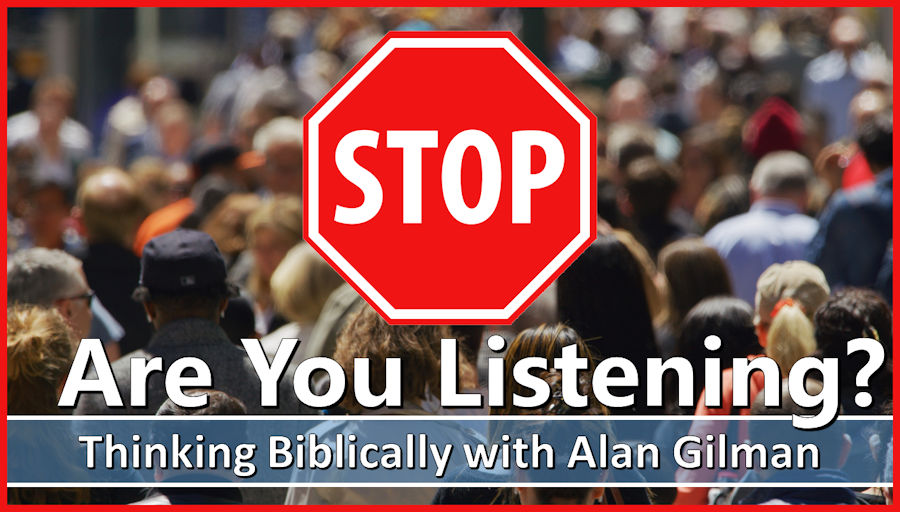Get in the boat!
Originally posted March 2014 (Updated)
Parody of Disney’s Frozen “Let It Go,” as sung by Idina Menzel.
“Let It Go” original lyrics/music written by Kristen-Anderson Lopez and Robert Lopez.
“Let It Show” parody written & performed by Alan Gilman.
Note: The following was originally posted ten years ago in honor of my son Josh on the occasion of his birthday (explained below). So much has happened since then, including he and his family moving away. My wife and I recently had the joy of visiting them. It turns out that his kids are huge “Frozen” fans. I had the delight to show them for the very first time the above parody. All that has happened in their lives since I first produced this demonstrates beyond a doubt that my son got into the boat with the Lord and has stayed there ever since.
Like many others, I have been really taken by Disney’s animated feature film “Frozen” – an amazing, and, in many ways, biblical, love story. The profound and godly nature of the story, the surprising plot twists, carefully chosen comical elements make it an impactful, entertainment experience – well-deserving of this year’s Oscar for best animated feature. Then there are the songs, which are of the kind of big Broadway show tunes, superbly performed by some of the best voices of our day.
The most popular song of the film, “Let It Go” (Oscar for best song), is the musical highpoint and a powerful, effective plot device within the movie. In “Let It Go,” Queen Elsa is singing about her new found freedom in finally being who (she thinks) she really is. In her ecstasy, she doesn’t realize that she has left great devastation in her wake. Elsa will eventually find genuine freedom through sacrificial love, but in the meantime, she who had been forced to live in isolation within the walls of her parents’ castle, continues in isolation within the icy walls of a castle of her own making. The only real difference is that the once highly self-controlled puritanical heir to the throne is transformed into a self-exiled supermodel queen. It won’t be until she faces the consequences of her personal issues and actions that she will experience true freedom and the restoration of those whom she loves.
Within the story of the movie, “Let It Go” perfectly conveys Elsa’s resolve to free herself from her perceived oppression. She sincerely believes that everyone, herself included, is better off with her decision to “let it go.” It makes sense at this point that she is clueless as to the real effects of her fear and anger and that running away wreaked havoc upon her kingdom. The song is not the end of the story, but rather the starting point from which the plot will resolve.
As a standalone song, however, “Let It Go” is literally another story. Instead of being the expression of a young woman’s misguided liberty, taking it out of the film’s context transforms it into an anthem of personal freedom. It is the song of many in our culture today. No wonder it is so popular.
The Bible teaches us that true freedom doesn’t come from self-discovery and self-expression. We become all we were meant to be by hearing God’s voice through his Word. Discovering true freedom, which only God through the Messiah can give us, requires taking responsibility for our frailties. On the other hand, celebrating our brokenness and insisting that everyone around us must tolerate its destructive effects is most selfish.
So, I felt that “Let It Go” called for a response.
At the same time, a theme has been rising in my life, spurred on by the life of another, my son Josh. About three years ago he began to pursue God in a new and purposeful way. So much in his life changed! Some months ago, he was sharing with me some of the new difficult challenges he was facing. As he was talking, a Bible story came to mind – the one where Yeshua calls his disciples to get in the boat with him, their not knowing that they would soon be in the midst of a life-threatening storm. They eventually wake up Yeshua, who was sleeping (of all things!), but then stills the winds and the waves. The disciples go from complete dread to astonishment within minutes. They didn’t know what was going to happen to them when they got into the boat with him. They didn’t know what would happen to them once the seas began to surge. I don’t know what they thought he would do when they woke him.
Like the disciples, Yeshua calls us into the storm. We don’t know what’s going to happen, but it’s only when we are willing to face these storms that we will truly know him for who he really is, which in turn will enable us to be everything we are called to be. So instead of running away from the storms of life, we need to be willing to face them as Yeshua calls us there.
As Josh was talking to me, this is what I was seeing was happening to him. And while he was very uncomfortable, he was making no plans to abandon ship. He was going to stay in the boat with the Lord.
Not only was I so proud of my son for his faith and courage, I was also challenged.
This is not the way I was brought up. My fears and weaknesses were catered to, not confronted. Instead of learning how to be strengthened through adversity, I was spoiled by being coddled.
Everything changed when I came to know the Messiah when I was nineteen years old, but it has been a challenge for me to embrace the need to face the storms of life. I can relate to Queen Elsa. There was a time when I would have wanted nothing more than to belt out “It’s time to see what I can do / To test the limits and break through / No right, no wrong, no rules for me / I’m free / Let it go!” But thank God for his invading my life and teaching me the truths of his brand of liberty. It’s really hard sometimes to face the pain of living, but that’s where real living really lives.
So, in honor of Josh’s recent birthday, I created an inspirational parody of “Let It Go,” entitled “Let It Show.” It captures the message of Frozen, while strongly critiquing the misguided worldview of “Let It Go” when taken out of context.


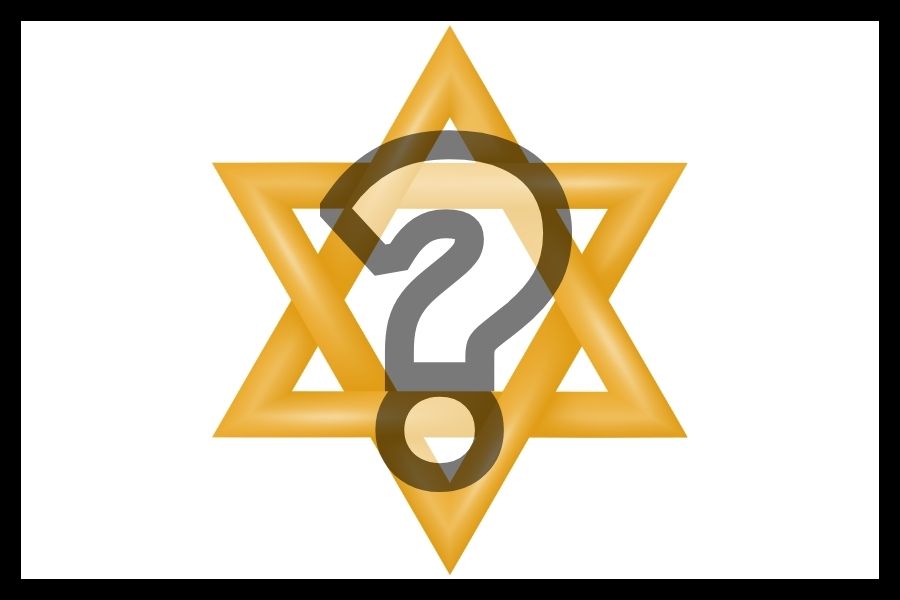
 As a Jewish boy growing up in Montreal, Christmas was a very joyous holiday of happy children being showered with toys. At least that was my impression watching television, since I didn’t have any direct experience with the matter. I remember the classic Christmas specials, “A Charlie Brown Christmas,” “How the Grinch Stole Christmas,” “Rudolf the Red-Nosed Reindeer,” and “Frosty the Snow Man.” Jesus, Himself, meant nothing to me, since he had nothing to do with our people—or so I thought. I vividly remember my mother’s violent reaction to my saying that I wish we weren’t Jewish, so we could celebrate Christmas, my interest being solely wrapped up in the presents. The fact that Christians were “them” and we Jews were “us” was burnt into my heart that day.
As a Jewish boy growing up in Montreal, Christmas was a very joyous holiday of happy children being showered with toys. At least that was my impression watching television, since I didn’t have any direct experience with the matter. I remember the classic Christmas specials, “A Charlie Brown Christmas,” “How the Grinch Stole Christmas,” “Rudolf the Red-Nosed Reindeer,” and “Frosty the Snow Man.” Jesus, Himself, meant nothing to me, since he had nothing to do with our people—or so I thought. I vividly remember my mother’s violent reaction to my saying that I wish we weren’t Jewish, so we could celebrate Christmas, my interest being solely wrapped up in the presents. The fact that Christians were “them” and we Jews were “us” was burnt into my heart that day.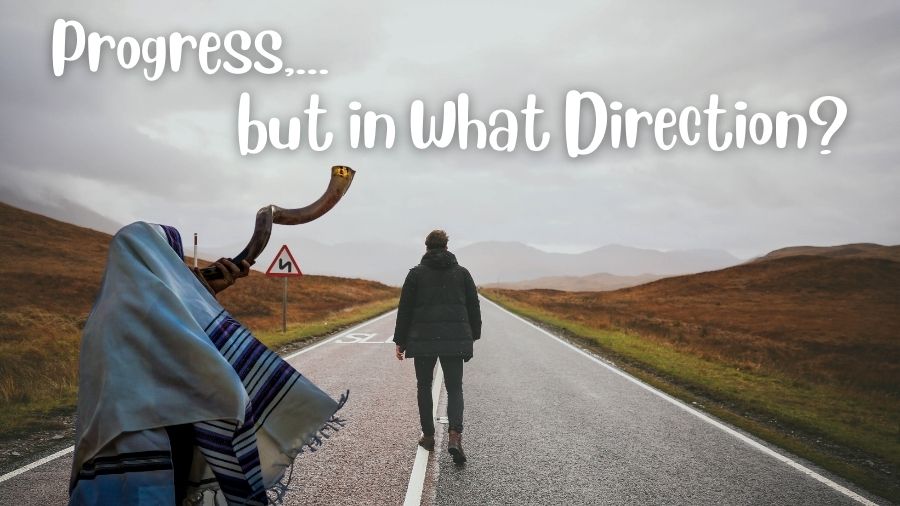

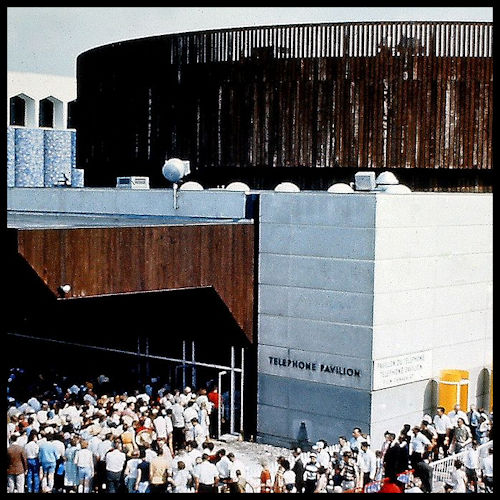

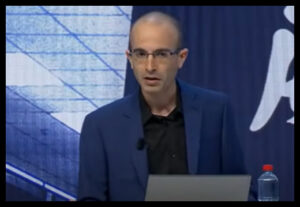
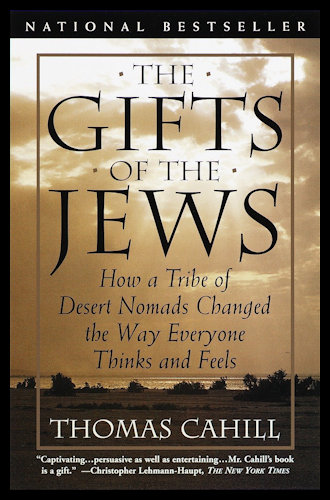
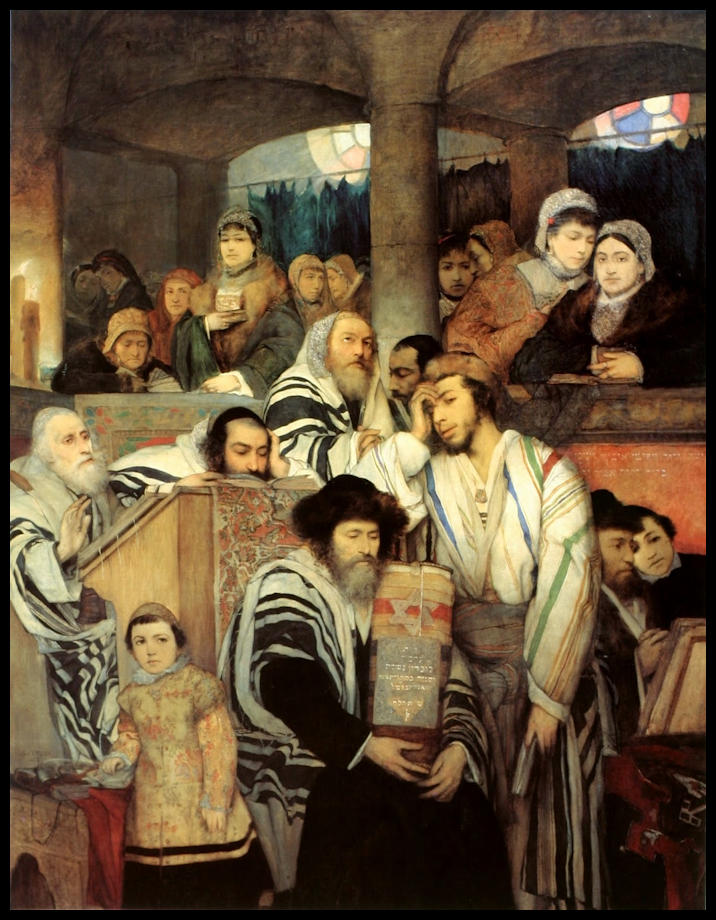

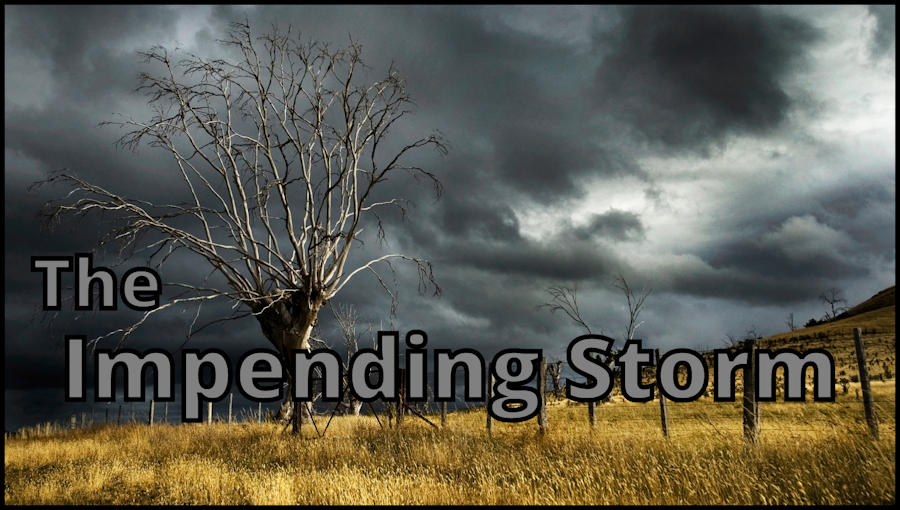
 The festival of Hanukkah (which began this year Sunday evening, November 28 and continues through Monday, December 6) commemorates the brave stand of a small faithful minority against powerful foreign oppressors supported by a large portion of the Jewish nation about a century and a half before the coming of the Messiah.
The festival of Hanukkah (which began this year Sunday evening, November 28 and continues through Monday, December 6) commemorates the brave stand of a small faithful minority against powerful foreign oppressors supported by a large portion of the Jewish nation about a century and a half before the coming of the Messiah.
